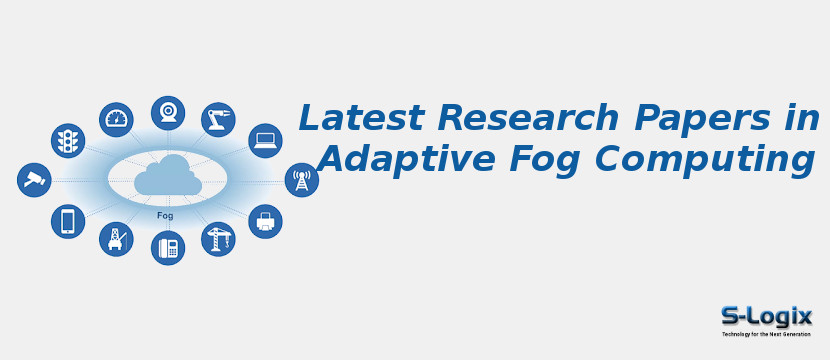Adaptive fog computing is a vital research area that focuses on designing flexible and intelligent fog computing systems that can dynamically adjust to changing workloads, network conditions, resource availability, and application requirements. Research papers in this domain explore adaptive mechanisms for task offloading, resource allocation, service placement, load balancing, and quality of service (QoS) management in heterogeneous fog environments. Studies highlight the use of heuristic and metaheuristic algorithms, optimization models, and machine learning techniques—including reinforcement learning, deep learning, and predictive analytics—for context-aware, real-time adaptation of fog computing resources and services. Recent works also investigate multi-tier fog–edge–cloud architectures to enhance scalability, fault tolerance, service continuity, and energy efficiency while minimizing latency and operational overhead. Security- and privacy-aware adaptive frameworks are increasingly emphasized to ensure reliable and trustworthy operations in dynamic fog environments. Applications span smart healthcare, autonomous vehicles, industrial IoT, smart cities, and latency-sensitive multimedia services. Overall, research in adaptive fog computing enables intelligent, efficient, and resilient fog infrastructures that can dynamically respond to environmental, workload, and network changes, ensuring optimal performance, energy efficiency, and reliability in next-generation computing ecosystems.
